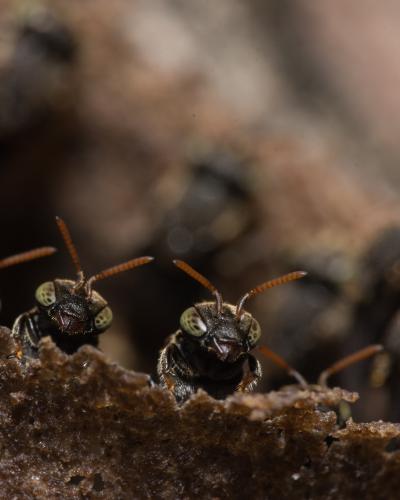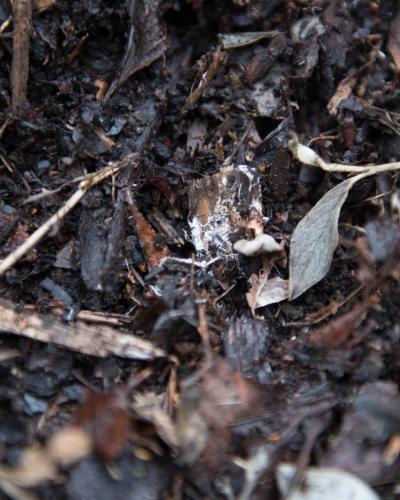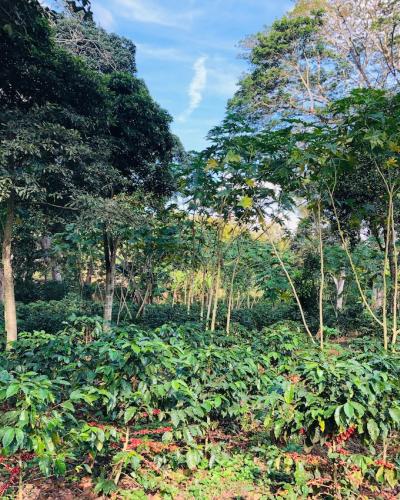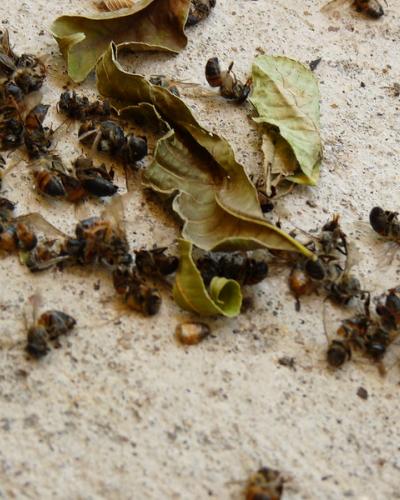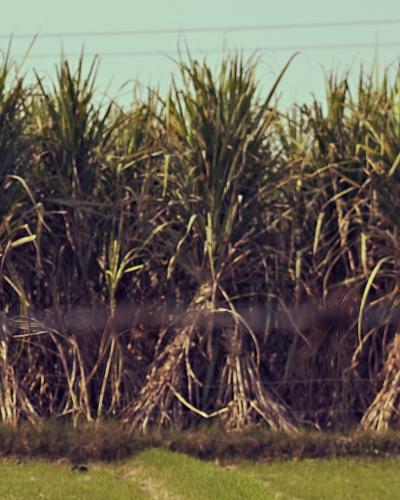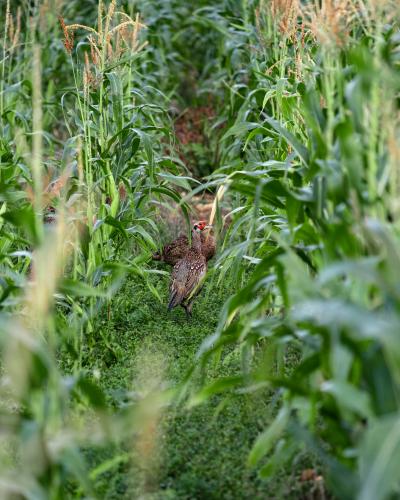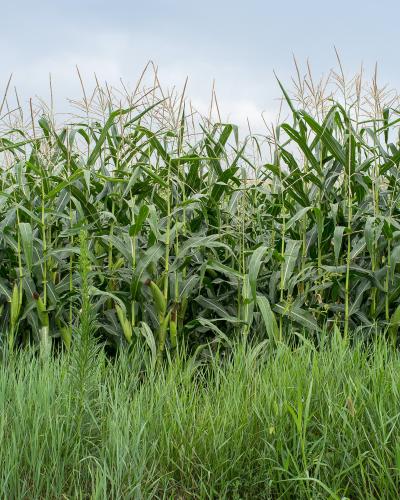Soil health hinges on robust communities of soil bacteria and insects. However, a recent science review published in Frontiers in Environmental Science shows that pesticides sprayed both above and...
There is so much (in)credible science that explains why organic is a good choice for people and the planet, and more is published every week. The Organic Center summarizes the latest research into distilled bites so you can make informed choices. We only report on peer-reviewed studies and always will. Check out our research blog and sign up for our newsletter to get the latest science delivered right to your inbox.
Jun 01, 2021
Using organic soil amendments reduces heavy metal concentrations in crops grown in contaminated soil
When the heavy metal cadmium is consumed in excess, it can have a negative impact on kidneys, the liver and bone density, particularly for children who are more sensitive to lower concentrations...
May 24, 2021
Successful rural development hinges on both the profitability and the environmental sustainability of cropping systems. This is especially true in regions like the tropics where the success of...
May 17, 2021
Most farmers want to employ practices that benefit human and environmental health, but connecting the dots between wanting and successfully implementing can be complicated, particularly when...
May 10, 2021
The chemical glyphosate, commonly used in herbicide formulas for at-home and agricultural uses, has received a lot of attention for its negative consequences on human health and its impacts on...
Apr 26, 2021
A recent study published in the journal Applied Soil Ecology found that after only 1-2 years after transitioning from conventional to organic practices, important soil invertebrate communities can...
Apr 19, 2021
A recent study in the journal Environmental Pollution is the first to show that chronic exposure to pesticides reduces fitness and reproduction of birds. Populations of farmland birds have been...
Apr 12, 2021
A study from Environmental Pollution compared pesticide residues in soil from organic and conventional farms across the European Union and found that organic farms had up to 90% fewer residues....
Apr 05, 2021
A recent study published in the journal Frontiers in Ecology and Evolution has found pesticide contamination of milkweed, the host plant of monarchs, across multiple landscape types, exposing the...
Mar 29, 2021
In conventional corn-soy rotations, weed control is accomplished through the use of herbicides and usually the crops are genetically modified to tolerate those herbicides. Without GMOs and...

